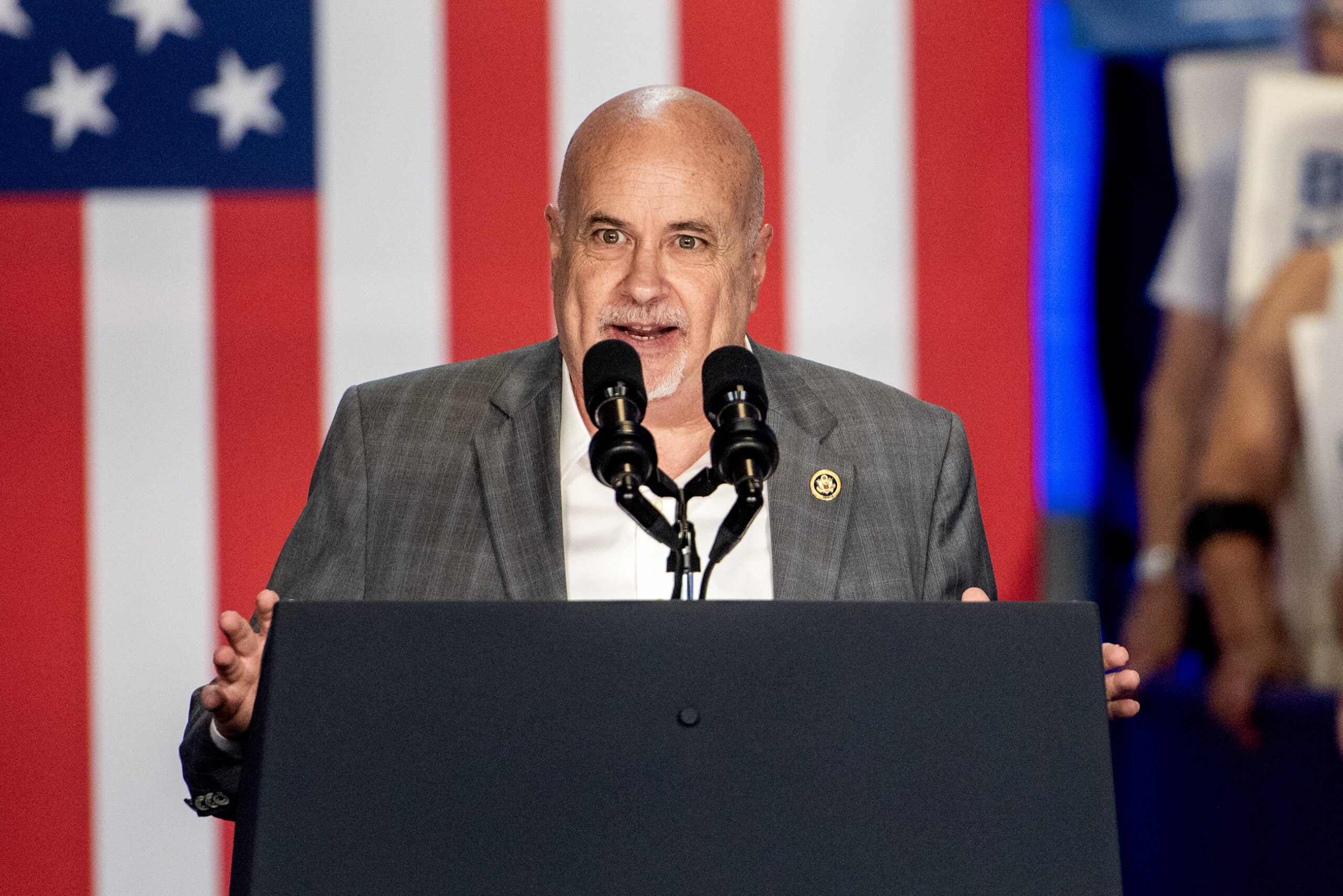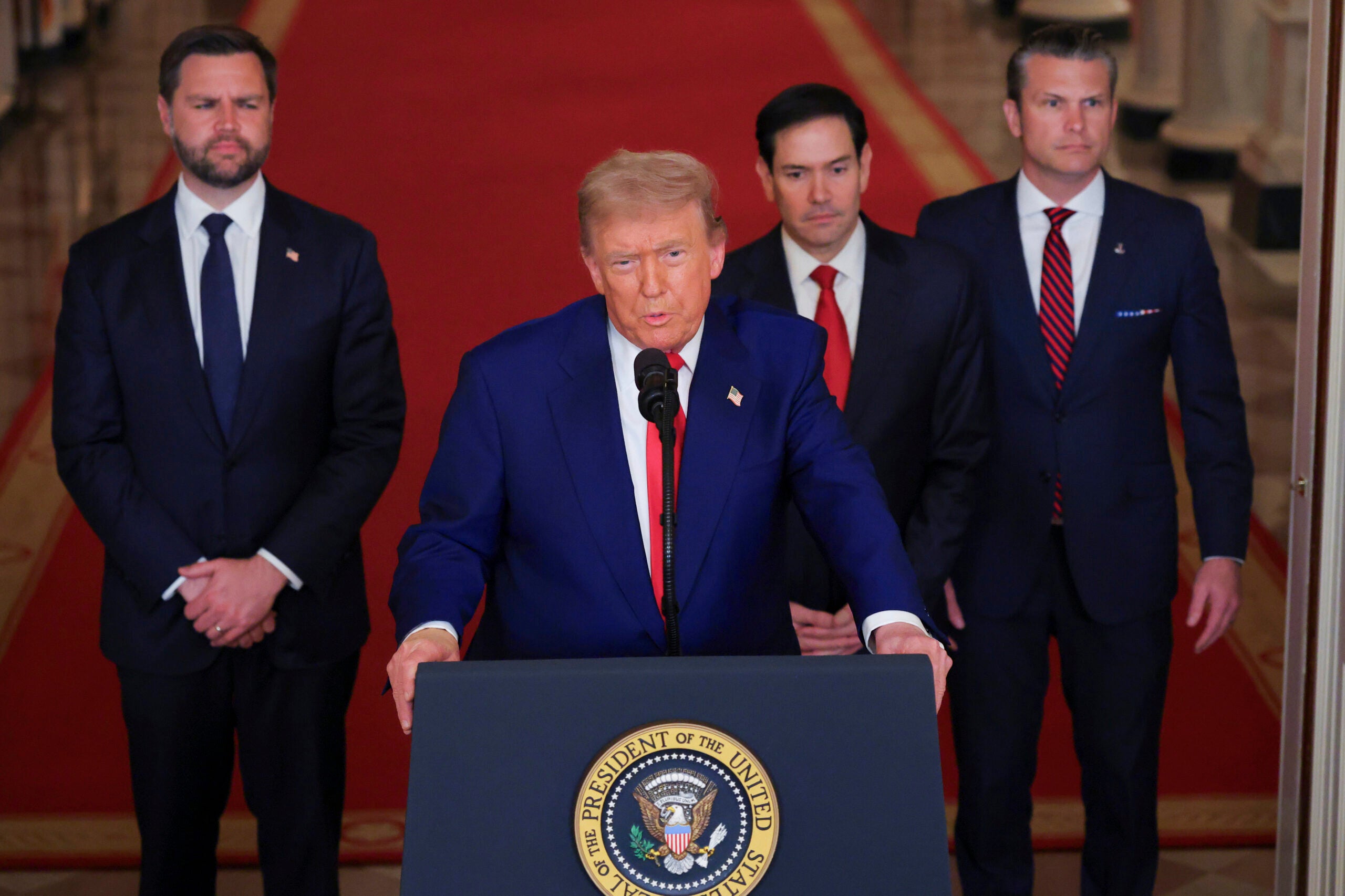The long standing Oscar Mayer plant in Madison recently closed its doors. A former employee joins us to remember the community of workers at the plant and what’s being lost as it shuts down. We also talk about the top political stories of the week, including a challenge to President Trump’s ban on new transgender soldiers in the military.
Featured in this Show
-
Week In Washington – August 30, 2017
We recap the biggest headlines in national politics, including the Secretary of State’s decision to eliminate several special envoy programs, whether the President has taken advantage of chances to broaden his base of support, and a challenge to the President’s ban on trangender soldiers.
-
Amid Low Approval Ratings, Trump Needs To Expand Base
Donald Trump became president under a divided America.
According to a 2016 Pew Research Poll, animosity between political parties has reached a 25-year high.
With that context, it was important for Trump to keep hold of and expand his base as his presidency continued, said Craig Gilbert, Washington bureau chief of the Milwaukee Journal Sentinel.
“It’s very difficult to govern when a large majority of people have a negative view of you,” Gilbert told WPR’s “Central Time.”
But recent polling data suggests that hasn’t happened. Gallup’s daily approval poll puts the president at a 35 percent approval rating. That’s lower than the early approval ratings for President Gerald Ford (37 percent), President Bill Clinton (44 percent), and President Barack Obama (51 percent).
“He’s got the worst first-year ratings of any president in sort of a modern polling,” Gilbert said. “But most strikingly to me was a sense of lost opportunity. That even though he came into office with high negatives, there were clearly people who voted for him despite qualms, and despite reservations about his rhetoric and his style and maybe even some of his policies, but who wanted him to succeed … There’s not a lot of evidence in the polling that he’s expanded his base of support.”
Just in Wisconsin alone, Trump’s approval rating among women has declined since the election, Gilbert said.
In a recent Marquette University Law School poll, just 21 percent of women approved of Trump’s work as president.
“We’re talking about more than half of the electorate, a demographic group without regard to party,” Gilbert said. “With those kinds of numbers it’s very difficult to get anywhere near treading water in public opinion.”
Gilbert said Wisconsin women weren’t Trump’s base in Wisconsin. But Trump has also lost ground among his more traditional Wisconsin base of blue-collar workers.
“His approval rating is something like 38 percent. He’s in the mid- to high-30s, in terms of his personal popularity and his job approval rating,” Gilbert said. “So he’s underwater with really a group that should be favorable to him demographically. That’s a problem for him.”
Gilbert said these tanking approval ratings are alarming, and they’re not just arbitrary.
“Each president that gets elected is more polarizing than the last. And that means that in order to the succeed, the one thing you cannot afford is to have even a small minority in your own party disapprove of you,” he said. “Because you can pretty much count on the fact that almost every voter and almost every politician in the other party will be unfavorable, will be disapproving will be against you.”
-
Remembering Life At Oscar Mayer
Madison’s long-standing Oscar Mayer plant closed its doors recently. Our guest looks back at his job there, the community of workers and what’s lost when a plant closes.
Episode Credits
- Rob Ferrett Host
- Veronica Rueckert Host
- Judith Siers-Poisson Producer
- Veronica Rueckert Producer
- Craig Gilbert Guest
- Nickolas Butler Guest
Wisconsin Public Radio, © Copyright 2025, Board of Regents of the University of Wisconsin System and Wisconsin Educational Communications Board.





